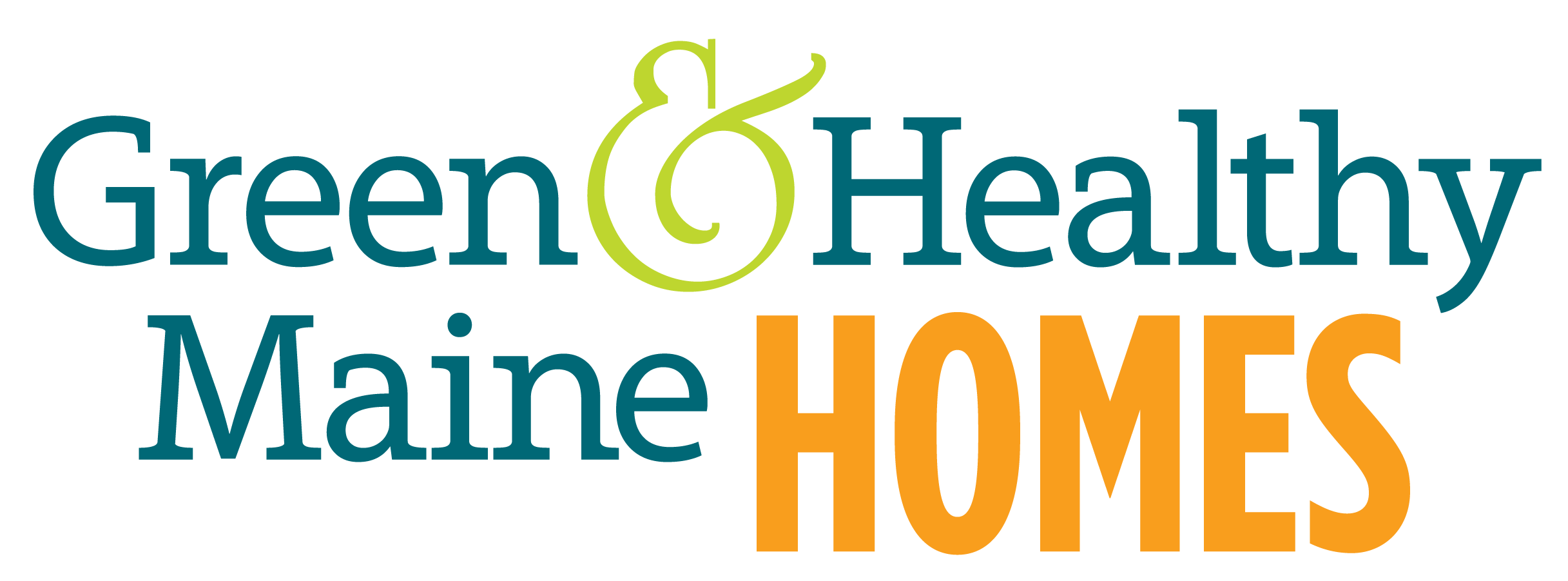Ways to nurture the land outside your door
Being a good steward of the land starts outside your door—your own little habitat is a great spot for inviting pollinators, growing your own food, and controlling runoff. Here are some ideas and resources to help support biodiversity in your own outdoor space.
Join the YardScaping movement and create a pollinator friendly habitat in your yard.
Plant native trees and shrubs not only to attract pollinators but to help filter contaminants that wash from your driveway, roof and yard.
Grasscycle! When you mow your lawn, don’t rake up the clippings. As they decay, they improve your lawn’s health.
Water your lawn only as needed: no more than 1-1.5” of water per week in one or two waterings.
Feed grass, not weeds, and prevent runoff by applying (organic, phosphorous-free) fertilizers in the late summer/fall, when no heavy rain is forecasted.
Looking for free “fertilizer” for your lawn or garden? Look no further than leaves! Leaves that drop in the fall can supply a wider range of nutrients than synthetic fertilizers. Mow them to create a mulch that will compost directly into the soil over the winter months. Or, rake them to the edges and mulch them in the spring. They’ll provide a habitat for pollinators and other beneficial insects over the winter.
Rain barrels are an effective way to conserve water, by collecting rainwater to use in the garden. 55-gallon plastic barrels are a good way to collect water and are available in many locations around Maine. Check with your city or town, as many municipalities make them available to residents to purchase at a discount in the spring.
Find a native plant sale near you during spring planting—keep an eye on community organizations and your local newspaper for the annual round-up of plant sales.
Lead is common in Maine’s soil. Be sure to get your soil tested before planting.
No room for a garden? Join a community garden, or cultivate a garden in a friend or neighbor’s yard, offering some of the bounty as “rent.”
maine resources
The Resilience Hub hosts events and workshops for all levels focused on permaculture—a growing practice that helps regenerate soil and the land, while simultaneously producing food.
Sign up for the Maine Organic Farmers & Gardeners Association (MOFGA) email bulletin and pest report to receive organic gardening and pest control tips—and check out their fact sheets, too.
Join the Portland Tool Library, a tool-lending library whose members have access to thousands of tools with their annual membership, from automotive to gardening and carpentry to cycling (and many in between), you’ll find oodles of useful tools to borrow.
Want to up your gardening and food preservation game. The University of Maine Cooperative Extension offers gardening and food preservation workshops statewide and provides handy info and fact sheets on their website.
Wolfe’s Neck Center in Freeport also offers gardening and preservation workshops.
Maine’s source for green home solutions
Find Maine experts that specialize in healthy, efficient homes in the Green Homes Business Directory.


